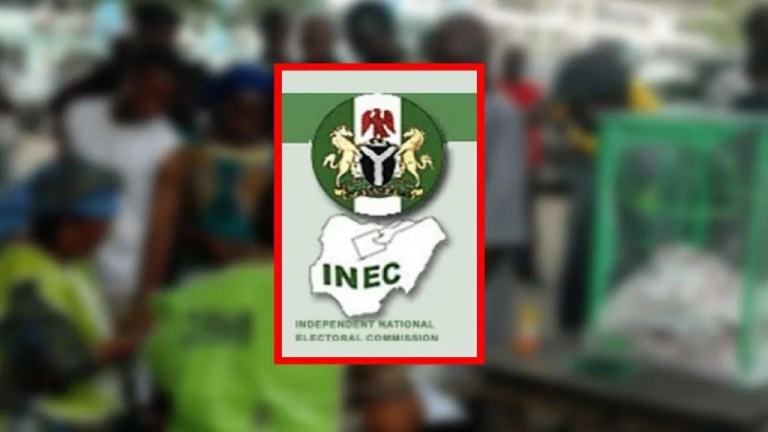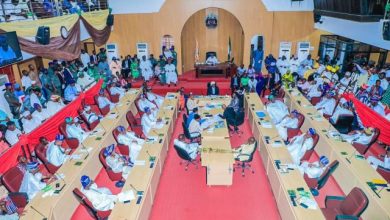INEC Set To Legalise Voting Without PVCs In 2027

The Independent National Electoral Commission (INEC) has expressed readiness to allow eligible Nigerians without Permanent Voter Cards (PVCs) to vote in the 2027 general elections, provided that the current electoral laws are amended to accommodate such a change.Travel destinations
Rotimi Oyekanmi, Chief Press Secretary to the INEC Chairman, confirmed the commission’s position in an interview. He noted that while the electoral body is open to expanding voter access through the use of technology, it cannot proceed without legal backing.
“It is not our stand alone that is important,” Oyekanmi said. “Equally critical is what the subsisting law says. While the commission is favourably disposed to the recommendation by stakeholders—that PVCs alone should not be the only criterion for voting at an election—the law needs to be amended to reflect it.”
The development comes on the heels of remarks by INEC Chairman, Prof. Mahmood Yakubu, who spoke during a quarterly consultative meeting with Resident Electoral Commissioners in December 2024. Yakubu said that the commission was considering alternatives to PVCs to improve efficiency and reduce electoral fraud.
“The commission also believes that with the introduction of the Bimodal Voter Accreditation System, the use of the Permanent Voters’ Cards as the sole means of identification for voter accreditation on Election Day should be reviewed,” Yakubu said.
“Those who already have the PVCs can still use them to vote, but going forward, computer-generated slips issued to the voter or even downloaded from the Commission’s website will suffice for voter accreditation. This will not only save cost, it will also eliminate the issues around the collection of PVCs and the diabolical practice of buying up the cards from voters in order to disenfranchise them,” he added.
INEC’s proposal has sparked conversations among electoral stakeholders and reform advocates, many of whom see the move as a step toward a more inclusive and technologically advanced electoral process. However, Oyekanmi emphasized that any significant procedural change must comply with the existing legal framework.






